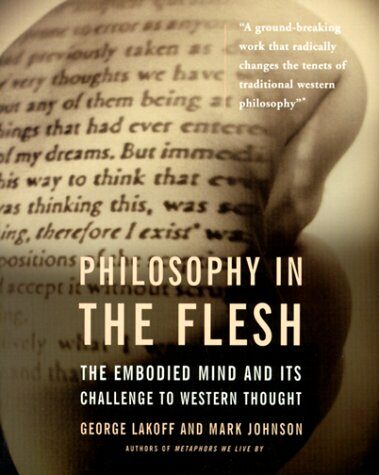Paco wrote:Zen and the Art of Motorcycle maintenance
READ IT NOW!
^this. Taught me to question the justification for what I considered knowledge.
1984 by George Orwell. I think Animal Farm is a better novel, but 1984 influenced me more. After reading this, I spent two miserable weeks trying to answer the question "If any justification of knowledge can be questioned, how can anyone ever differentiate between valid and invalid justifications?" The scenes in Minilove in particular, where O'Brian indoctrinates Smith, made a big impact.
The Name of the Rose, by Umberto Eco. Taught me that religion does have certain merits, in that it provides a community for otherwise vulnerable people, and it has been a very important, albeit imperfect and often immoral, caretaker of ideas. Taught me a lot about late medieval Europe, and most importantly, it taught me that even a rationally constructed idea can be mistaken, and it even got me thinking a little bit about how you could go about improving theories.
Philosophical Investigations, by Ludwig Wittgenstein. Got me thinking about language as a means of conveying information, and ways to rationally describe what happens when sentient beings communicate. Still working on that. (I'm starting college, Dutch Language and Culture, in September, and am really looking forward to the course "Structure of the Dutch language", by a woman who has done research into the significance of word order and emphasis.)
Beyond Sleep, by W.F. Hermans. A Dutch literary classic. The use of language in this novel is superb. I reckon it's useless to read a translation, though I would like to be proved wrong on that one. Hermans is an absolute master of the written word. The rhythm of every sentence is spot on, there isn't a single word that doesn't carry some meaning. I don't mean everything is symbolic - pretty much only the story itself is symbolic - just every word is required to give the sentence its meaning, in a logical sense. Yet Hermans isn't a minimalist per se. Some scenes are completely meaningless to the central idea, but they improve the pacing of the story, so they're there purely for aesthetic reasons. The central idea, however, has stuck with me: it's easy to hide from your own responsibility for your actions by relying on authorities, but it's intellectual laziness and it leads to worse results to boot.
Honourable mentions:
The Bible, traditional. Taught me that just because The Big Bully orders you to, that doesn't make it right to kill your own kid, that breast are like twin calves of the gazelle, and under her tongue are sweet wine and milk and honey, and how some pretty good ideas go really sour when they're considered to be moral absolutes.
The Odyssey, Homer (allegedly). It sort of explained to me how superstitions originate: in the Odyssey, there are numerous scenes where someone is bathed in heavenly charm, and everyone turns their head when that person enters the room. I've seen that happen. I'm pretty sure everyone has. I can understand why people would attribute something like that to the supernatural. I mean, you have to admit, when that happens, it's pretty fucking awesome. This caused me to self-identify as a religious ancient Greek for a while. I'd keep an eye out for omens and all that. Actually, I still do. Doesn't mean I believe any of it, by the way. It just so happens that it works even if you don't believe in it*.
*: credit for that one goes to Niels Bohr. One time, when welcoming another physicist into his home, the guest remarked on the horseshoe over the door something along the lines of "But Niels, you don't honestly believe in that sort of superstition?", to which Bohr replied "Ah, but this works even if I don't believe it."







